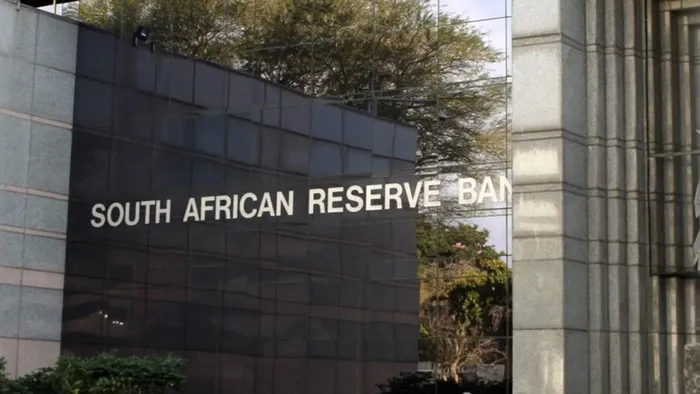
In a climate teeming with fiscal uncertainty, South African households are grappling with the harsh realities of a cost-of-living crisis. Will today's interest rate decision be enough to offer the relief they desperately need, or is it merely a stopgap for deeper systemic issues? Dive into our latest analysis to find out more.
Image: File
As anticipation builds for today’s interest rate decision from the South African Reserve Bank’s (Sarb) Monetary Policy Committee (MPC), economists and citizens alike hold their breath.
Frank Blackmore, Lead Economist at KPMG South Africa, indicated that the prevailing expectation is for interest rates to remain unchanged.
According to Blackmore, it is a strategic move aimed at stabilising inflationary expectations within the market, allowing businesses and stakeholders to realign with the new inflation target set at approximately 3%, with a permissible margin of plus or minus one percentage point.
Blackmore told Business Report that maintaining higher interest rates slightly longer will pave the way for a more robust economic environment.
He explained that only when inflation expectations converge around the target can the Reserve Bank consider significantly cutting rates, suggesting potential reductions of up to five 25 basis points reductions in interest rates in the upcoming months.
"The most recent inflation figures from September showed an annual rate of 3.4%, with core inflation at 3.1%, signalling a tightening grip on the economy for now," Blackmore said.
However, amid this fiscal posturing, Neil Roets, CEO of Debt Rescue, voices a contrasting perspective, reflecting on the stark realities faced by millions of South Africans.
While recent government announcements highlighting improved unemployment figures, an unexpected credit rating upgrade, and early signs of energy stability inspire cautious optimism,
Roets underscored a more pressing plight: the relentless cost-of-living crisis faced by ordinary families.
Despite some positive economic shifts, Roets said that these changes have minimal impact on everyday households struggling to keep their heads above water.
"The increase in basic costs, particularly for food, electricity, and transport, rendered modest reductions in borrowing costs virtually inconsequential. Many families are still spending the majority of their income servicing debt,” he laments, “while millions more struggle to afford basic necessities,” Roets said on Wednesday.
He highlighted the grim statistic from a major national study that revealed about 16 million South Africans experience inadequate or severely inadequate access to food.
Describing this as a “national emergency in slow motion,” Roets questioned whether the government's appeals to major retailers for aid can sufficiently address the urgent need for relief.
With the season of festive spending approaching, he insists that time is running out for many families.
“Short-term interventions are essential to protect vulnerable households while the broader economic recovery takes shape,” he states, reiterating that sustainable momentum will come only if policy decisions directly consider the daily financial pressures faced by ordinary citizens and provide immediate relief.
BUSINESS REPORT